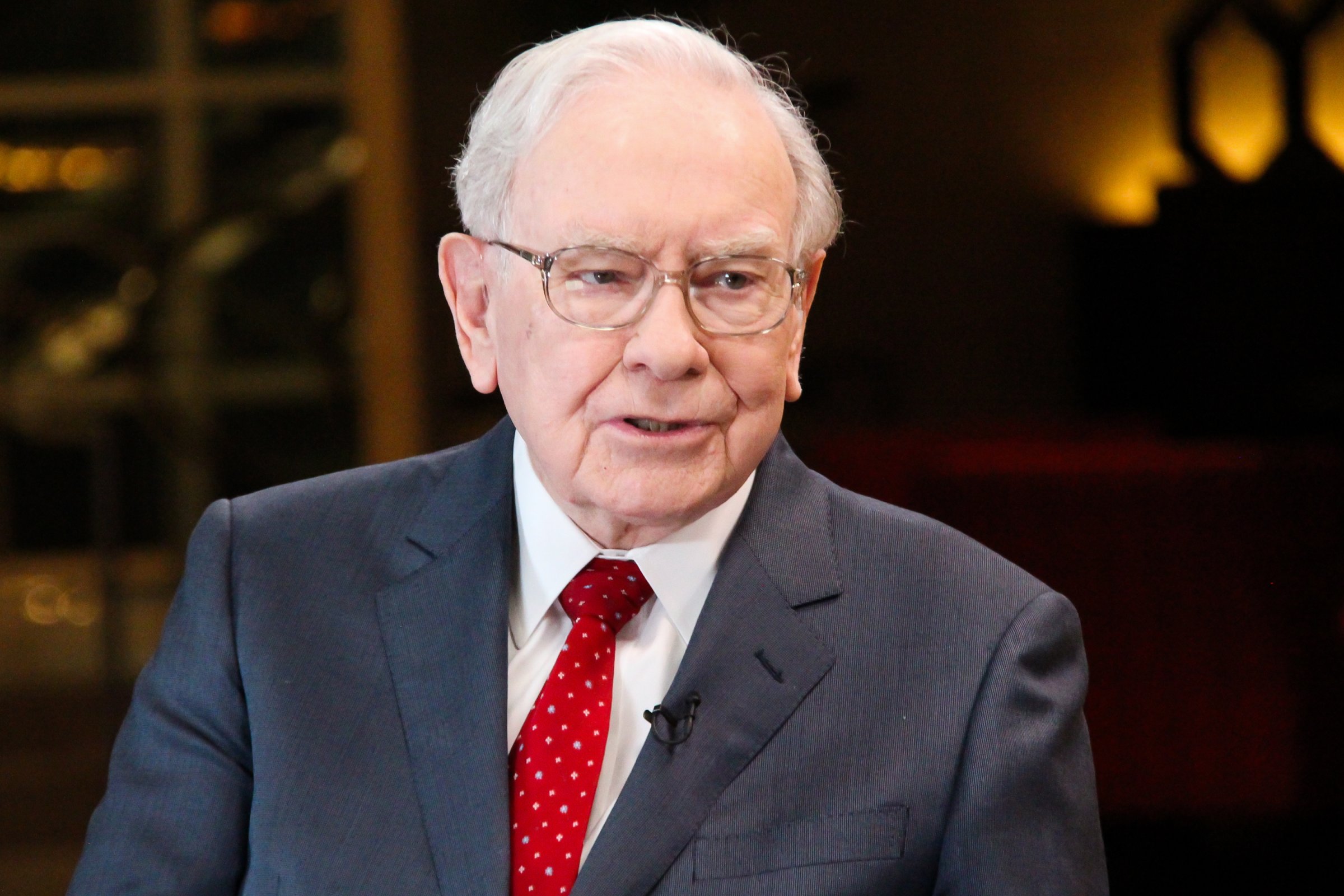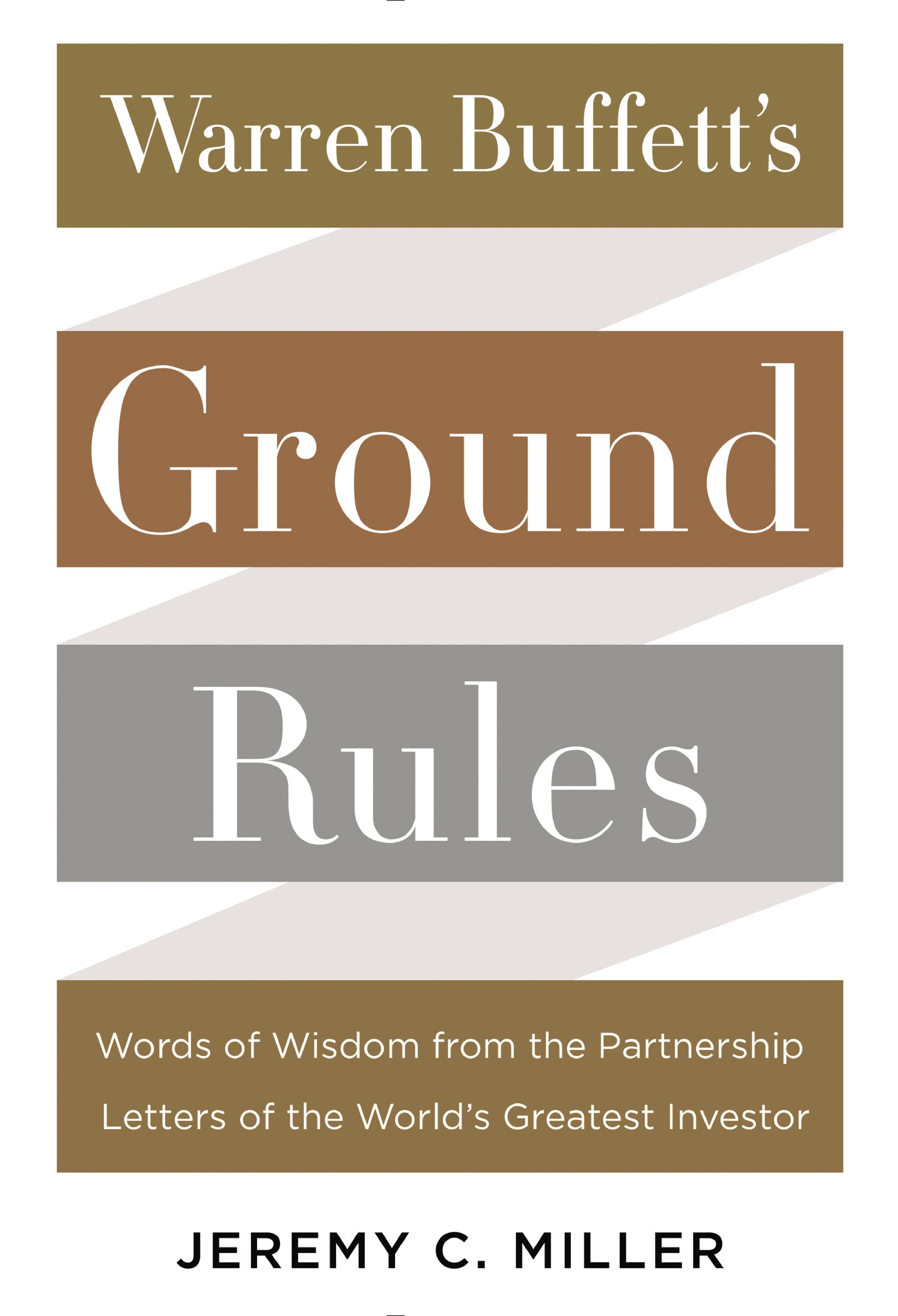
Warren E. Buffett was just 25-years-old in 1956 when his hero, Benjamin Graham, the lauded founder of value investing, decided to retire. While matriculating at Columbia University Business School, Buffett had been Graham’s best student, receiving the only A+ in his investments class. A few years after, Buffett had become the star employee of his professor’s investment firm, Graham-Newman. Before he retired, his mentor offered his portion of the firm to Buffett, who respectfully declined, opting to return home to Omaha, Neb., instead. That moment marked a major turning point in Buffett’s professional trajectory. Dawn was about to break on his own investment partnership—one of the most financially productive endeavors of the great investor’s entire career.
Back in Omaha, Buffett’s college roommate, his father-in-law, his aunt Alice, and a few other relatives and friends approached him about managing their investments for them. Being asked (as opposed to being the one doing the asking) allowed Buffett to set the terms of his approach to investing, which he called his “Ground Rules.” Gathering the group at the Omaha Club for dinner (everyone went Dutch), he said: “These ground rules are the philosophy. If you are in tune with me, then lets go. If you aren’t, I understand.”
Over the course of the next 12 years, Buffett continued to articulate and refine these ground rules through a series of letters he wrote to investors in what came to be called the Buffett Partnership. Of all of ground rules, one stands out as particularly helpful to almost anyone:
I am not in the business of predicting general stock market or business fluctuations. If you think I can do this, or think it is essential to an investment program, you should not be in the partnership.
Here in 2016, with the Internet and the 24-hour news cycle, it’s easy to be lured into thinking that every view needs to be short-term and of-the-moment. It would be easy to discount Buffett’s penchant for the long view and his recognition that there are simply a great many things that we have absolutely no clue about, but that would be a mistake, an unhealthy impulse worth guarding against.
To his enduring credit, Buffett understood early that it’s impossible to consistently and accurately predict where stocks or markets are likely to be tomorrow, next week, next month, or even next year (or the year after that)—so why bother? If something’s not worth doing at all, then it’s certainly not worth doing well.
Expanding on the point, in a 1966 letter gently chiding partners for their concerns and uneasiness about the level of markets at the time, Buffett warned:
If we start deciding, based on guesses or emotions, whether we will or won’t participate in a business where we should have some long run edge, we’re in trouble. We will not sell our interest in businesses (stocks) when they are attractively priced just because some astrologer thinks the quotations may go lower even though such forecasts are obviously going to be right some of the time. Similarly, we will not buy fully priced securities because ‘experts’ think prices are going higher.

Investors would be wise to keep Buffett’s advice in mind today. There is no shortage of people in this world with something to gain by your activity, more than willing to speak with great conviction and seeming authority on what’s going to happen in the near future. Their message is often a call to action, and often such action is to their benefit. Most often, their forecasts about the future prove to be as useful as a coin toss.
Just think about what you might have heard recently about the outlook for stocks: Now is (or isn’t) a good time to be in them because of what the Federal Reserve is going to do, because of the outlook for the Chinese economy or the price of oil, or the dollar, or the season (i.e., May is a bad time to buy stocks), or the celestial positioning of Mars in the current orbit … the list could go on forever.
In many ways, this particular Buffett ground rule on admitting what you don’t know and being OK with that is a referendum on market pundits, but it can also serve to liberate investors, allowing them to tune out the noise generated by all this short-term-ism. After all, in the short term, markets can do anything—often behaving in ways that appear random. Recognizing this—and being prepared for it—is essentially the price of admission for true investors.
Obviously if a 20-30% drop in the value of your securities is going to cause you hardship or distress, you simply shouldn’t have the money in stocks in the first place. But, if you embrace long-term thinking, you’ll be able to weather the kinds of inevitable, unpredictable storms that have always characterized the investing landscape. The brilliant thing about Buffett’s advice is that it stands the test of time—and so can your portfolio if you take this ground rule to heart.
Adapted from Warren Buffett’s Ground Rules, copyright © 2016 by Jeremy C. Miller. First hardcover edition published April 26, 2016, by Harper Collins. All rights reserved.
More Must-Reads from TIME
- Breaking Down the 2024 Election Calendar
- How Nayib Bukele’s ‘Iron Fist’ Has Transformed El Salvador
- What if Ultra-Processed Foods Aren’t as Bad as You Think?
- How Ukraine Beat Russia in the Battle of the Black Sea
- Long COVID Looks Different in Kids
- How Project 2025 Would Jeopardize Americans’ Health
- What a $129 Frying Pan Says About America’s Eating Habits
- The 32 Most Anticipated Books of Fall 2024
Contact us at letters@time.com